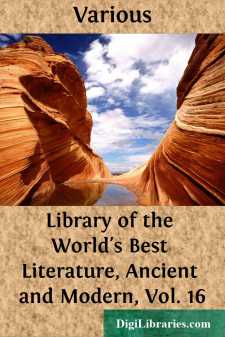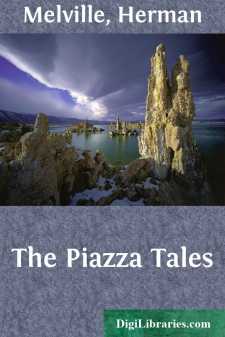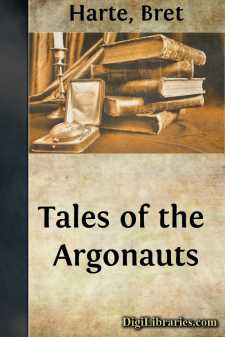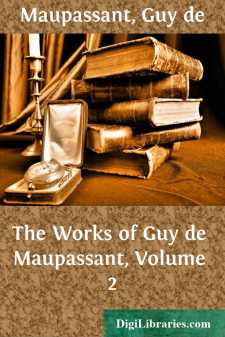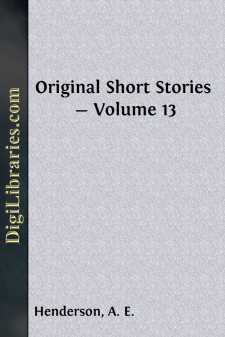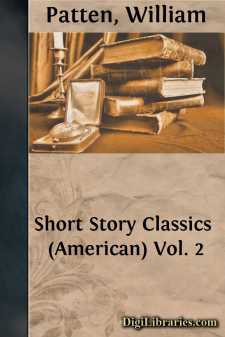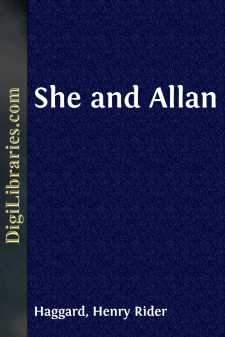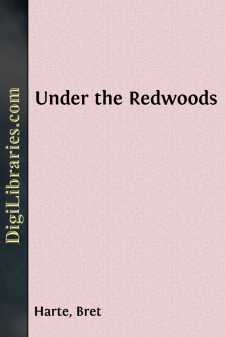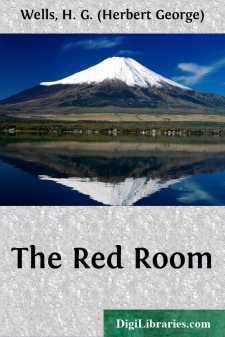Categories
- Antiques & Collectibles 13
- Architecture 36
- Art 48
- Bibles 22
- Biography & Autobiography 813
- Body, Mind & Spirit 142
- Business & Economics 28
- Children's Books 17
- Children's Fiction 14
- Computers 4
- Cooking 94
- Crafts & Hobbies 4
- Drama 346
- Education 46
- Family & Relationships 57
- Fiction 11829
- Games 19
- Gardening 17
- Health & Fitness 34
- History 1377
- House & Home 1
- Humor 147
- Juvenile Fiction 1873
- Juvenile Nonfiction 202
- Language Arts & Disciplines 88
- Law 16
- Literary Collections 686
- Literary Criticism 179
- Mathematics 13
- Medical 41
- Music 40
- Nature 179
- Non-Classifiable 1768
- Performing Arts 7
- Periodicals 1453
- Philosophy 64
- Photography 2
- Poetry 896
- Political Science 203
- Psychology 42
- Reference 154
- Religion 513
- Science 126
- Self-Help 84
- Social Science 81
- Sports & Recreation 34
- Study Aids 3
- Technology & Engineering 59
- Transportation 23
- Travel 463
- True Crime 29
Library of the World's Best Literature, Ancient and Modern, Vol. 16
by: Various
Description:
Excerpt
erhaps Gellius's 'Attic Nights' may claim especial mention here, as one of the earliest extant forerunners of this 'Library.' In the original preface (given first among the citations), Gellius explains very clearly the origin and scope of his work. It is not, however, a mere scrap-book. There is original matter in many chapters. In particular, an ethical or philosophic excerpt has often been framed in a little scene,—doubtless imaginary,—and cast in the form of a dialogue. We get, even, pleasant glimpses of autobiography from time to time. The author is not, however, a deep or forceful character, on the whole. His heart is mostly set on trifles.
Yet Gellius has been an assiduous student, both in Greece and Italy; and his book gives us an agreeable, probably an adequate, view of the fields which are included in the general culture of his time. Despite its title, the work is chiefly Roman. In history, biography, antiquities, grammar, literary criticism, his materials and authors are prevailingly Latin. He is perhaps most widely known and quoted on early Roman life and usages. Thus, one of his chapters gives a mass of curious information as to the choice of the Vestal Virgins. We are also largely indebted to him for citations from lost authors. We have already quoted under Ennius the sketch, in eighteen hexameters, of a scholar-soldier, believed to be a genial self-portraiture. These lines are the finest specimen we have of the 'Annales.' Similarly, under Cato, we have quoted the chief fragment of the great Censor's Roman history. For both these treasures we must thank Gellius. Indeed, throughout the wide fields of Roman antiquities, history of literature, grammar, etc., we have to depend chiefly upon various late Latin scrap-books and compilations, most of which are not even made up at first hand from creative classical authors. To Gellius, also, the imposing array of writers so constantly named by him was evidently known chiefly through compendiums and handbooks. It is suspicious, for instance, that he hardly quotes a poet within a century of his own time. Repetitions, contradictions, etc., are numerous.
Despite its twenty "books" and nearly four hundred (short) chapters, the work is not only light and readable for the most part, but quite modest in total bulk: five hundred and fifty pages in the small page and generous type of Hertz's Teubner text. There is an English translation by Rev. W. Beloe, first printed in 1795, from which we quote below. Professor Nettleship's (in his 'Essays in Latin Literature') has no literary quality, but gives a careful analysis of Gellius's subjects and probable sources. There is a revival of interest in this author in recent years. We decidedly recommend Hertz's attractive volume to any Latin student who wishes to browse beyond the narrow classical limits.
FROM 'ATTIC NIGHTS'
More pleasing works than the present may certainly be found: my object in writing this was to provide my children, as well as myself, with that kind of amusement in which they might properly relax and indulge themselves at the intervals from more important business. I have preserved the same accidental arrangement which I had before used in making the collection. Whatever book came into my hand, whether it was Greek or Latin, or whatever I heard that was either worthy of being recorded or agreeable to my fancy, I wrote down without distinction and without order. These things I treasured up to aid my memory, as it were by a store-house of learning; so that when I wanted to refer to any particular circumstance or word which I had at the moment forgotten, and the books from which they were taken happened not to be at hand, I could easily find and apply it....


